Iran urges Sudanese sides to engage in 'all-inclusive' dialogue
The Iranian Foreign Ministry says Iran is “closely monitoring” Sudan’s recent developments in the wake of a military coup, calling on all Sudanese sides to engage in dialogue to ensure the promised democratic transition of power is carried out in the North African country.
Foreign Ministry Spokesman Saeid Khatibzadeh said on Friday that the "suspicious events that occurred in recent days in Sudan clearly do not contribute to the process of democratic transition" in the African country.
“The undemocratic removal of part of the governing body ignores the will of the Sudanese people and will not achieve the goals that the people of the country are pursuing,” he added.
“There are signs of effective interference of foreign agents in these developments to such an extent that Zionists do not conceal the fact that they are pleased with these actions," the Iranian official added.
Iran’s Foreign Ministry spokesman also said that Iran emphasizes the need for "vigilance" by the Sudanese Governing Council, and invites all internal parties in the country to take part in "all-inclusive Sudanese-Sudanese dialogue."
Huge anti-government rallies, mostly over deteriorating economic problems, engulfed Sudan more than two years ago, with protesters, mostly young Sudanese, demanding former president Omar al-Bashir to step down.
Bashir was ultimately deposed through a military coup following months of protests in April 2019, after ruling over the African country for three decades.
In August that year, a governing council, comprised of civilian and military leaders, was founded to run the country.
The transitional civilian-military administration, Sudan’s highest executive authority, is tasked with leading the country to free and fair multiparty elections.
However, a military coup was staged on Monday that dissolved the fragile government. Prime Minister Abdalla Hamdok was detained and put under house arrest in a move that infuriated the Sudanese and sparked international outcry, including from the UN Security Council.
Other civilian leaders are in military detention.
The 15-member council on Thursday urged the restoration of the civilian-led transitional government and called for the immediate release of all those detained by the military.
Hours after the apparent military coup, Sudan’s main opposition coalition called for civil disobedience and protests across the country.
General Abdel Fattah al-Burhan, Sudan's de facto leader since 2019, insists that the army’s seizure of power does not constitute a coup, alleging that the transitional government was overthrown to avoid a civil war in Sudan.
Burhan has already fired six Sudanese ambassadors, including to the US, EU, China, and France, who had expressed their opposition to his actions.
Since Monday, the military has mounted a harsh crackdown on protesters, who have been chanting slogans like “returning to the past is not an option,” and “civilian rule is the people's choice.”
According to medics, at least 11 people have been killed and 170 others wounded in protests since the army's power grab.
The US, EU, Britain, Norway, and some other countries in a joint statement stressed their continued recognition of the “prime minister and his cabinet as the constitutional leaders of the transitional government.”
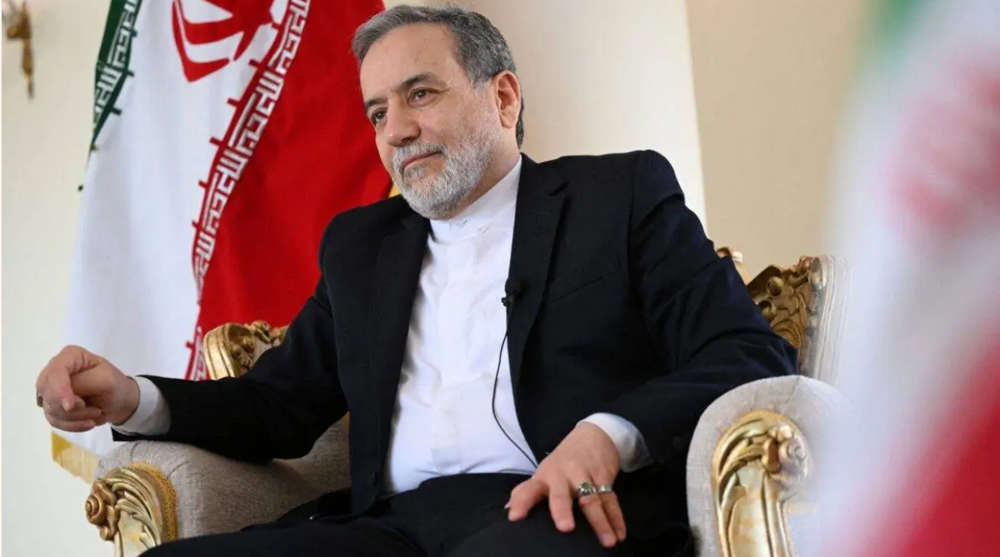
Iran FM says ready to visit Paris, Berlin, London for diplomacy
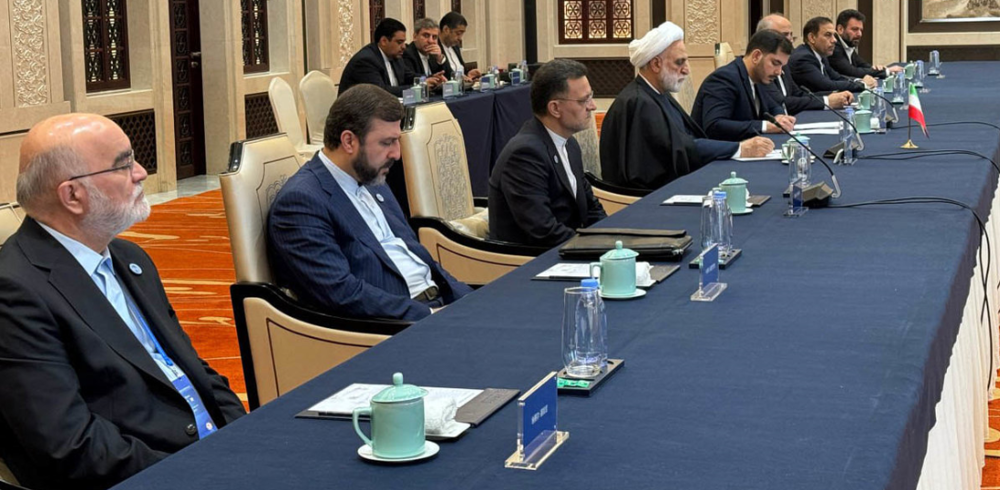
Iran elected to chair judicial summit of Shanghai group in 2026
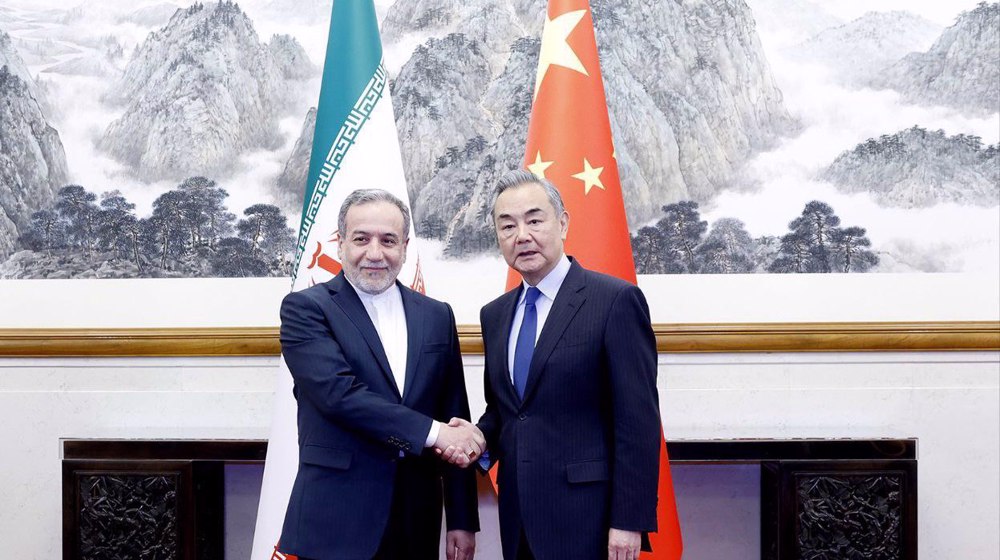
China supports Iran-US indirect talks, defends Tehran's nuclear right
Senior diplomats from Iran, Russia, China hold talks with IAEA chief
Two US marines accused of raping Japanese women in Okinawa
VIDEO | Shahin Hazamy arrested primarily for his viral pro-Palestine social media posts: Filmmaker
Houthi: Bab al-Mandab, Arabian Sea closed to Israeli, US ships
India, Pakistan escalate tit-for-tat moves with military threats
VIDEO | Press TV's news headlines
Spain cancels arms deal with Israeli company over Gaza aggression
Dozen US states sue Trump government over 'insane, reckless' tariffs


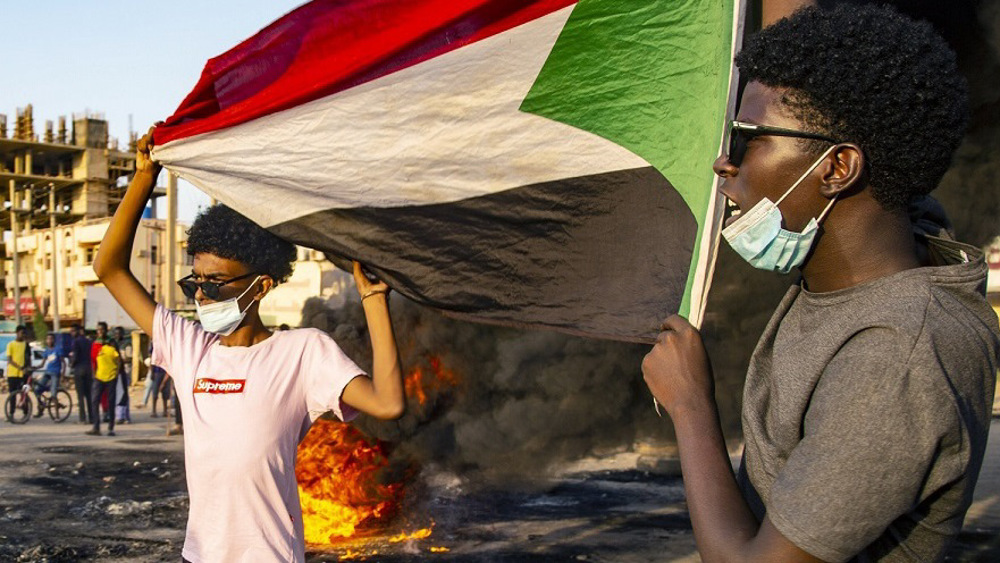
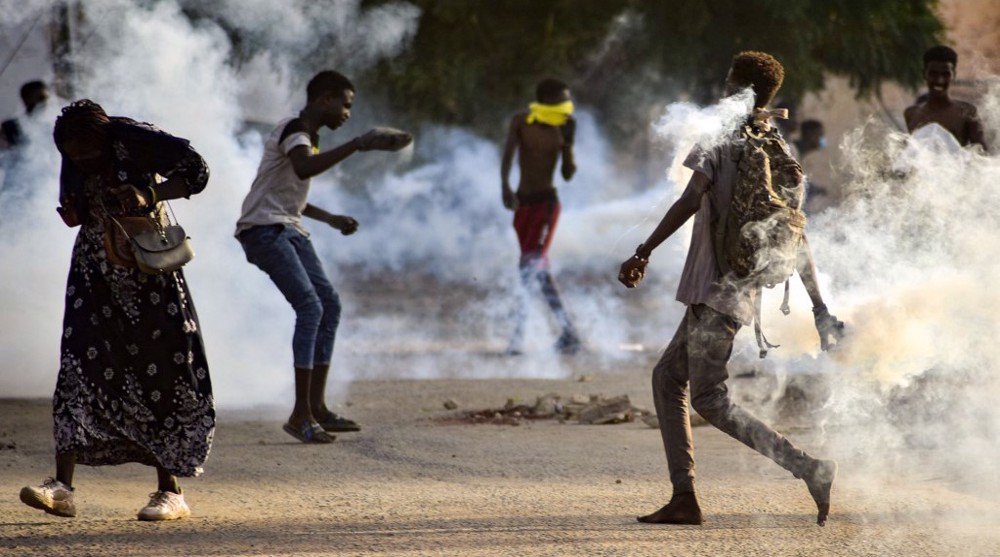
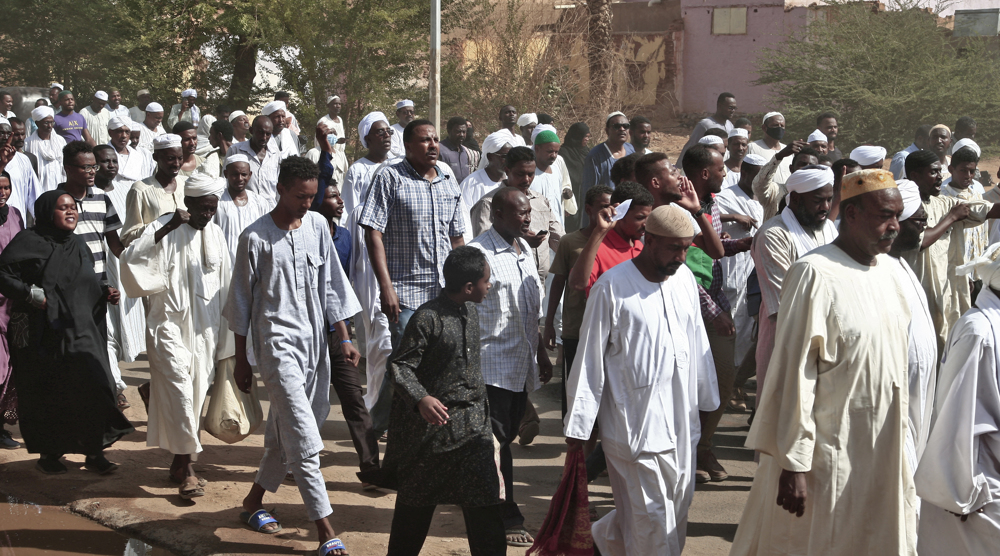




 This makes it easy to access the Press TV website
This makes it easy to access the Press TV website